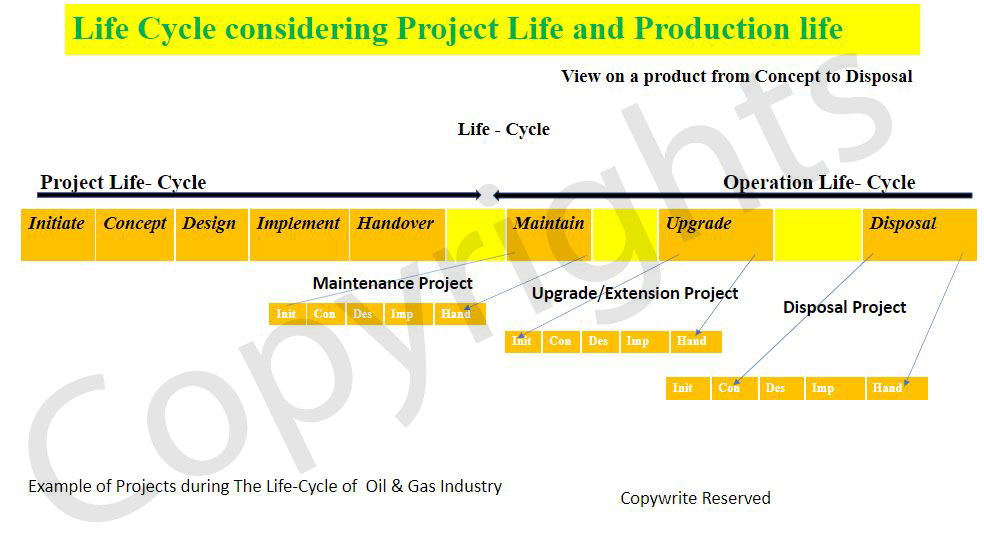Project Management
Introduction
The purpose of the project management programme is to introduce the basic methodologies, tools and project techniques for project management to participants who work in project management team. By demonstrating and providing the exposure to the International DEP’s and Standards , including the finance and governance systems which provides a common basis of project management activities on upstream, downstream and integrated projects. The course covers all phases of development, implementation and operational readiness along with pre-commissioning, commissioning, handover to operations.
Candidates shall be able to participate in the application of opportunity framing, front-end loading, stakeholder engagement, governance processes, risk assessment, estimating and project controls, HSSE, contracting and procurement and assurance. The training course includes the best industries practices and lessons learning’s

Benefits
The benefits of attending project management course from JNAK Oil & Gas training Institute is that we share our 26 years of International Oil & Gas Industries experience and candidate’s skill development for better understanding the concepts of project management from CSR/BFD until construction and commissioning phases which shall includebudget management & planning, procurement strategies , team management , coordination with Project management team, Project documentation, third party coordination and to understand the different strategies during the project execution as aefficient project engineer i.e the ability to obtain better results by using minimum amount of resources in reference to manpower, people safety by zero LTI.
Difference between project work and standard operations will be described during the training scope. Then we will focus on project work and discuss how projects can cope up with uncertainty. Planning, scheduling and controlling are basic elements of project Management that can be applied to handle uncertainty the goal is that you can distinguish different types of projects, which can be recognizing the type of projects that you are involved with. Project engineer shall understand the different project types emerge and should be able to indicate how planning, scheduling and controlling have to be changed accordingly. Projects are different from routine operations, organizing a Project makes sense in a situation where scope: cost and deliverables are the key requirements defined resources (people, materials, and money) to be available to achieve a successful result.
Introduction to Project Management
- Fundamentals of project management
- Understanding the Project scope of work
- Successful project Execution and startup plan
- Managing project Resources, schedules and performance
- Applying Quality Management System
- Identifying , Assessing and Responding to Risk
- Contracting and Procurement for the projects
- Project closeout procedures
- Awareness of DEP’s (Design Engineering Practices)
Eligibility
All disciplines project engineers, project managers and other professional engineers who is focusing on hydrocarbons projects
